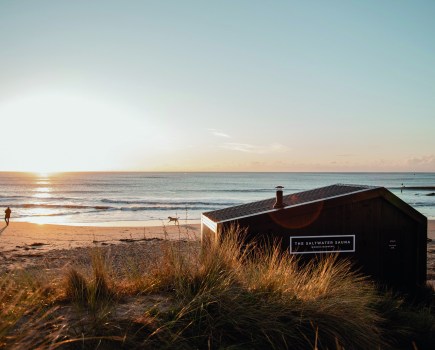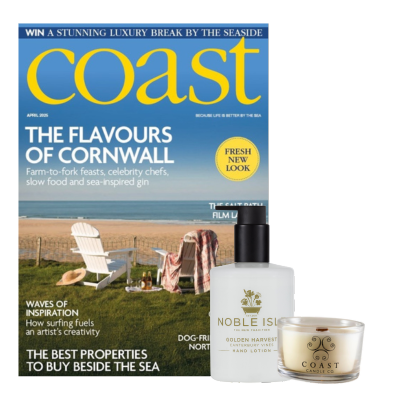When my daughter Ottilie was a baby, we went on a six-month campervan trip around the coast of Britain. March was cold, especially at night, April was mixed and May was glorious. Throughout that spring and summer we felt the van shake with every knot of wind, we heard the patter of each raindrop and sweated in the heat of every ray of sunshine. It made me realise that summer weather arrives in Britain much earlier than we expect. Indeed, annual statistics over the past 30 years from the Met Office show that May is the UK’s sunniest month, with an average 186 hours of sunshine, dropping to 170 in June. Although July and August are the warmest months, they also experience more rain. So if you’re looking for sunshine, May is your month, and this presents perfect conditions for another secret Britain hides well – world- class snorkelling destinations. Time to plan your next adventure…
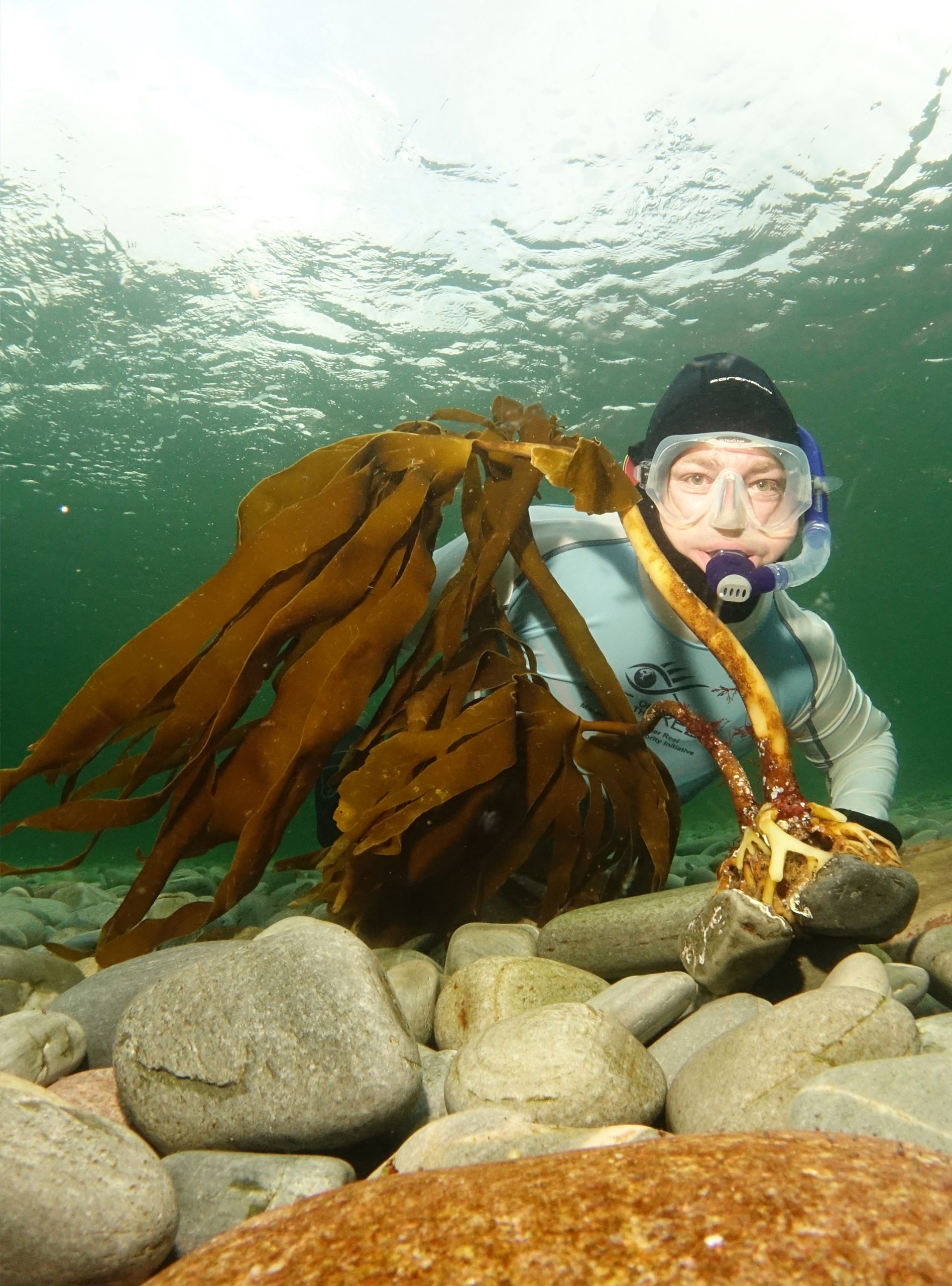
One of the most popular sites for snorkelling in the British Isles is Stackpole Quay in Wales. And May provides not only the best conditions, but also a dramatic spectacle of huge numbers of spider crabs congregating to breed. Further south, nearer the end of the month, Cornwall (especially Prussia Cove) might give you a once-in-a-lifetime opportunity of snorkelling with basking sharks as they pass by on their annual migrations. Although colossal – measuring up to 8m and weighing five tonnes – they feed on plankton so are unlikely to bite you. However, it is still advisable to go on a snorkelling tour with a trained guide if searching for these gentle giants. You have to be organised though, because by mid-June they have often passed, and so have those long days of sunshine.
The reason May is so sunny is due to the tilt of the earth, caused by a Mars-sized astronomical body crashing into our planet four billion years ago. This 23.5˚ tilt means that after the March equinox, the northern hemisphere starts to lean towards the sun, resulting in the sun hitting us more directly and increasing its intensity. The tilting effect increases the length of our days; in May there’s almost twice as much daylight as in December. And the probability of cloud cover is reduced, resulting in four times more sunshine hours. Conditions to look for on a surface pressure chart when planning a snorkelling adventure is a high-pressure system with widely spaced isobars. This means there will be clear blue skies and little wind – ideal because it increases the visibility and creates calm seas. With our temperate maritime climate, these conditions don’t last long so if you see them, get a mask on and dive in.
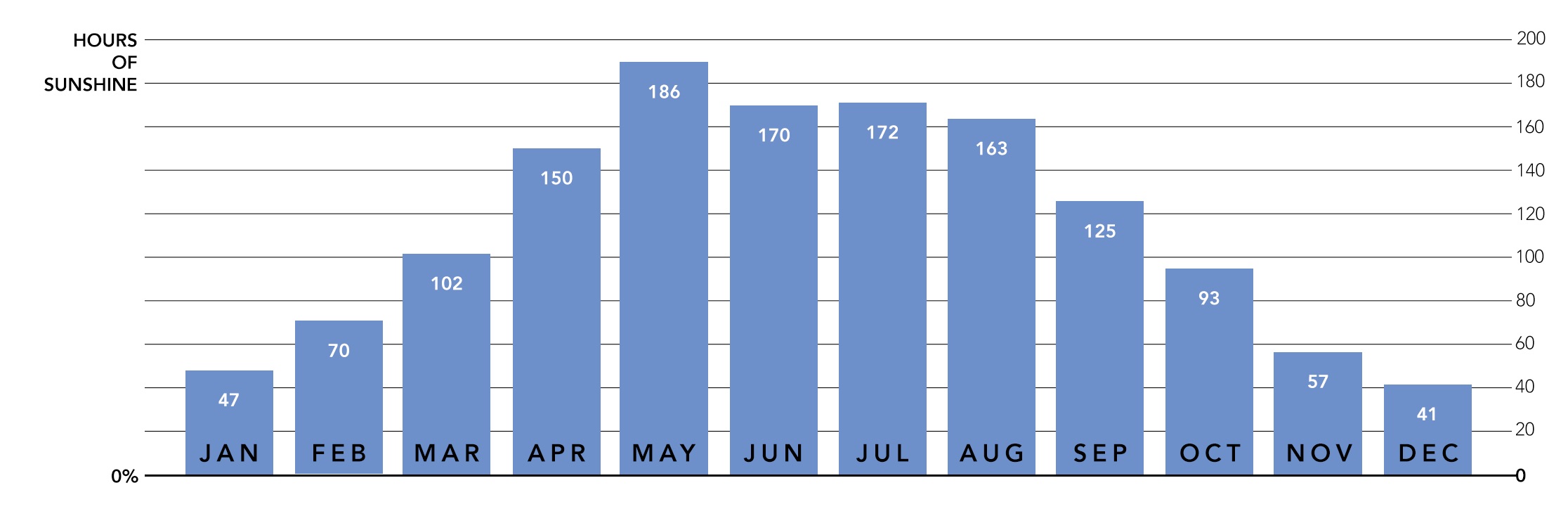
START NOW
Grasping the basic techniques of snorkelling takes just minutes; all you have to do is relax and float on the surface, making it perfect for all ages and abilities. Five thousand years ago Cretan sea-sponge farmers used hollowed out reeds; now we have the luxury of high-tech snorkels to maximise air intake and minimise water ingress. While ancient Persians polished tortoise shells to help them see better underwater, snug-fitting silicone masks give us an incredible view of life below now.
Technology may have leapt forward, but the concept of snorkelling remains beautifully simple and that’s why we love it. It doesn’t require the extensive training and equipment of scuba-diving, yet in the shallow seas of the British Isles you can see just as much – perhaps not the vivid coral reefs of the tropics, but there are plenty of shipwrecks and curious creatures. Older people benefit especially from the low-impact exercise (it’s recommended for those with rheumatoid arthritis), while children enjoy snorkelling as a safe introduction to the joys of underwater adventures, preparing them for scuba-diving when they reach the minimum legal age of 10. As a rule of thumb, if a child can swim they are old enough to start snorkelling, and you are never too old to stop.
The low profile of snorkellers makes them notoriously hard to spot, especially if the water’s a little choppy. A diver marker will let high-speed craft like jet skis know to stay away, and help your group spot you if you get separated.
CHECKLIST
Your choice of mask can make or break a snorkelling adventure. The main consideration is to make sure it doesn’t leak and this can be avoided by buying your own and taking it on all your trips. A good indicator of a well-fitted mask is the ‘Suction Test’. Put the mask up to your face without the strap and inhale through your nose. A well-fitted mask should hug your face without any air getting in. Be aware that having a snorkel in your mouth changes the shape of your face so to be thorough, try the Suction Test with your snorkel.
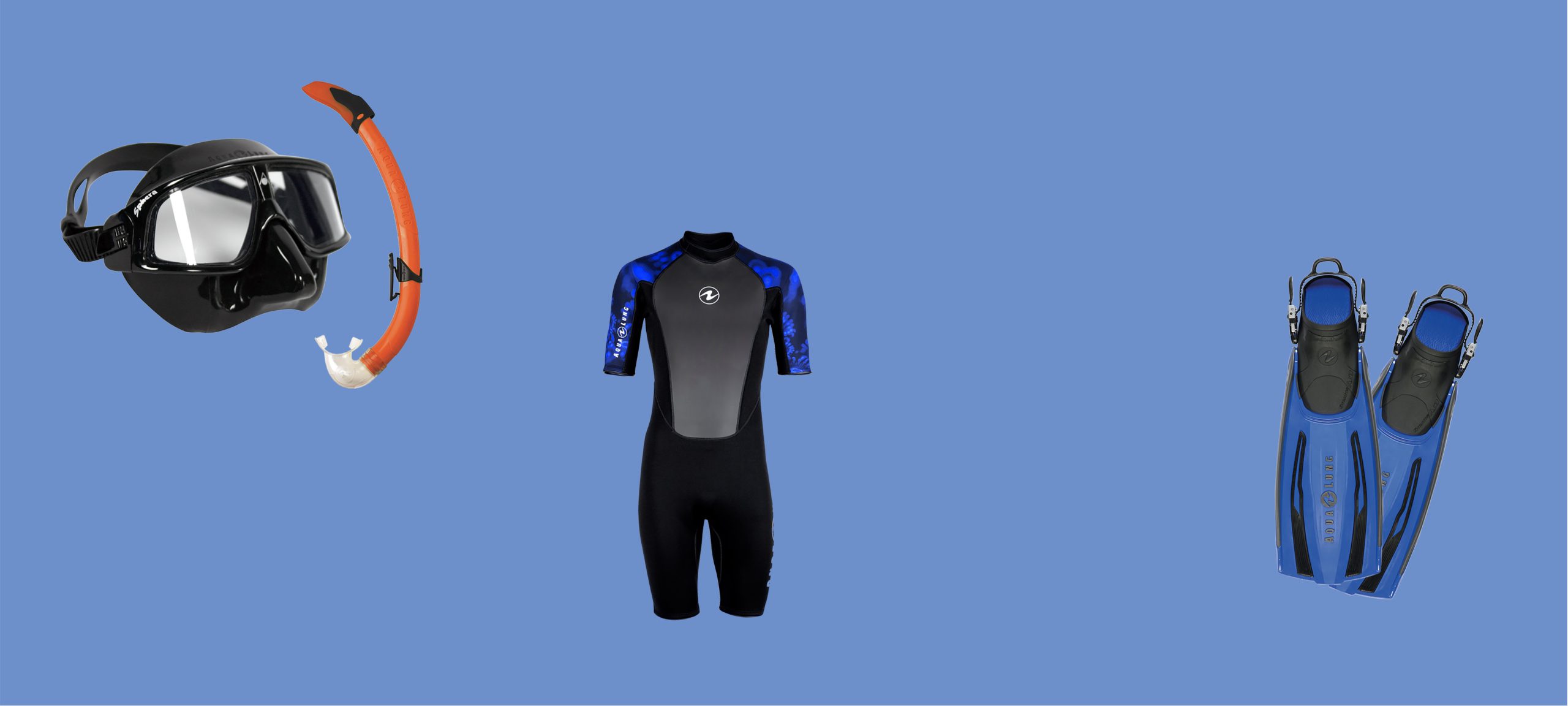
BENEFITS
Snorkelling is an ideal low-impact pursuit that gives you a whole body workout especially quads, hamstrings, calves, hip flexors, shoulders and core. If you are regularly diving down you will also build up lung strength and anaerobic fitness though holding your breath. Simply breathing through your snorkel on the surface provides fantastic aerobic exercise – inhaling through a tube requires more exertion – while doubling up as meditative practice as you focus on calm controlled breathing, the foundations of meditation. Snorkelling may not be the most intense workout, but it certainly is an excellent all-rounder.
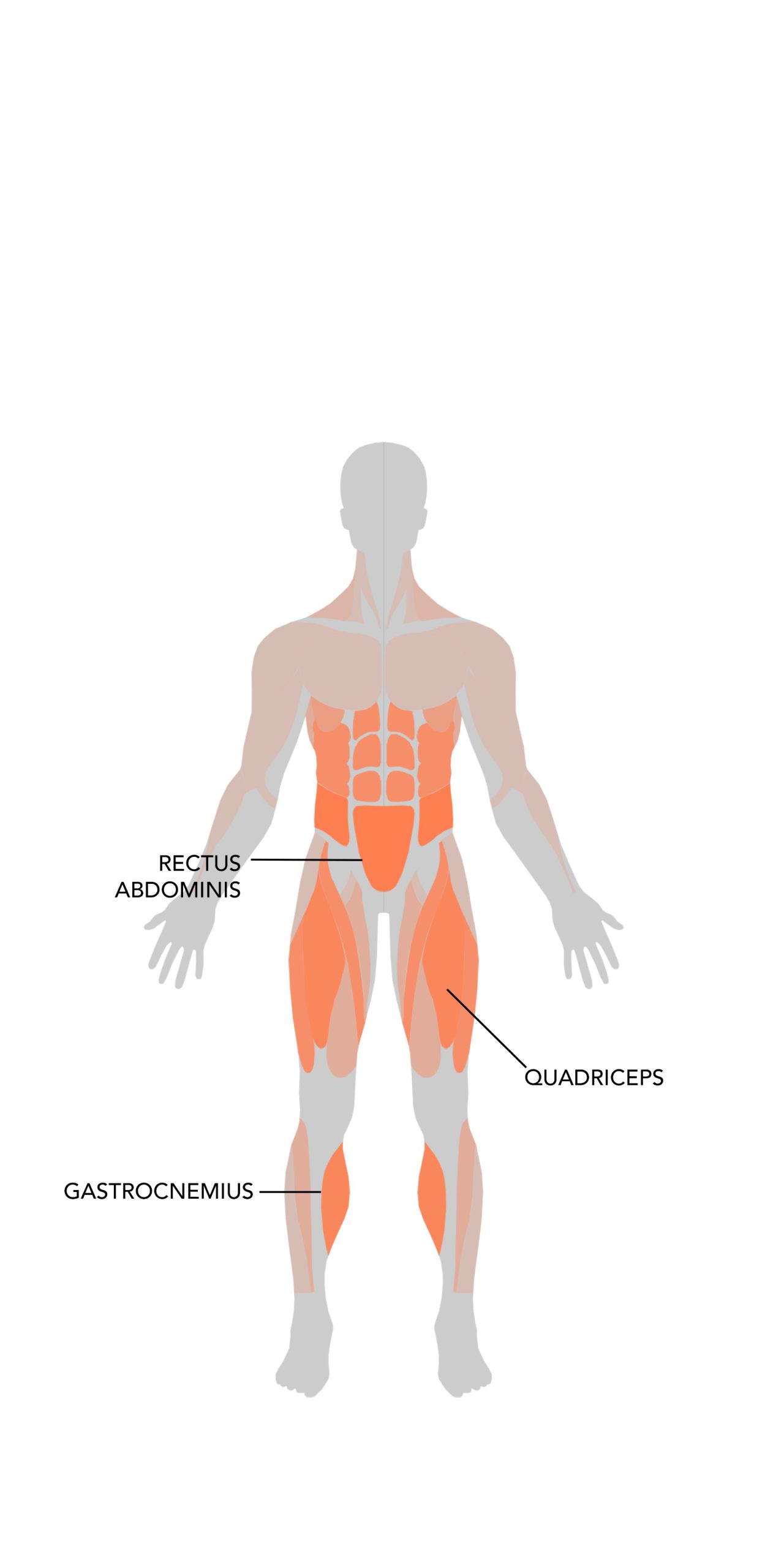
Diving down is fantastic for developing your lung capacity, and if you try it you’re going to need to ‘equalise’ your sinuses to account for the rapidly increasing pressures of deeper water; pinch your nose closed and go through the motions of exhaling out of it. Make sure no air comes out; your ears should pop. Repeat this every metre you descend, not exceeding 10m without proper training and supervision. Luckily, many snorkel spots around Britain are shallow so you might only be diving down a couple of metres to get a closer look at what‘s on the seabed.
In addition to physical benefits, the visual stimulation of snorkelling works wonders with the mind, providing an otherworldly experience far from the stresses of everyday life. The combination of vivid colours and observing curious creatures makes it a popular therapy for those suffering from anxiety and ADHD. Unlike scuba-diving where you must constantly monitor how much air you’ve got in the tank, the limitless supply of O2 through your snorkel means you can completely shut off from the outside world for as long as you like, making it the most therapeutic of all coastal adventures.
William Thomson FRGS is author/illustrator of The Book of Tides and founder of Tidal Compass (tidalcompass.com)
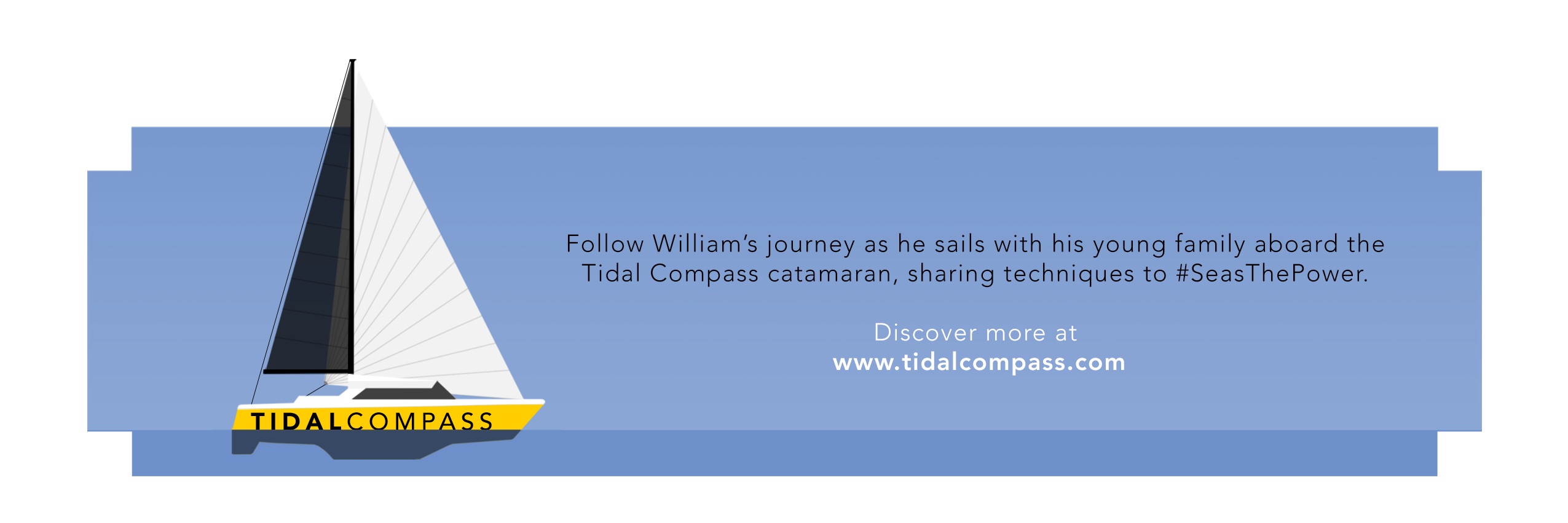
Right things on the right
- Accommodation: Duis aute irure dolor in reprehenderit in voluptate velit esse cillum dolore eu fugiat nulla pariatur. Excepteur sint occaecat cupidatat non proident.
- Hiking Temporibus autem quibusdam et aut officiis debitis aut rerum necessitatibus saepe eveniet ut et voluptates repudiandae sint et molestiae non recusandae.
- LINK 1
- LINK 2















